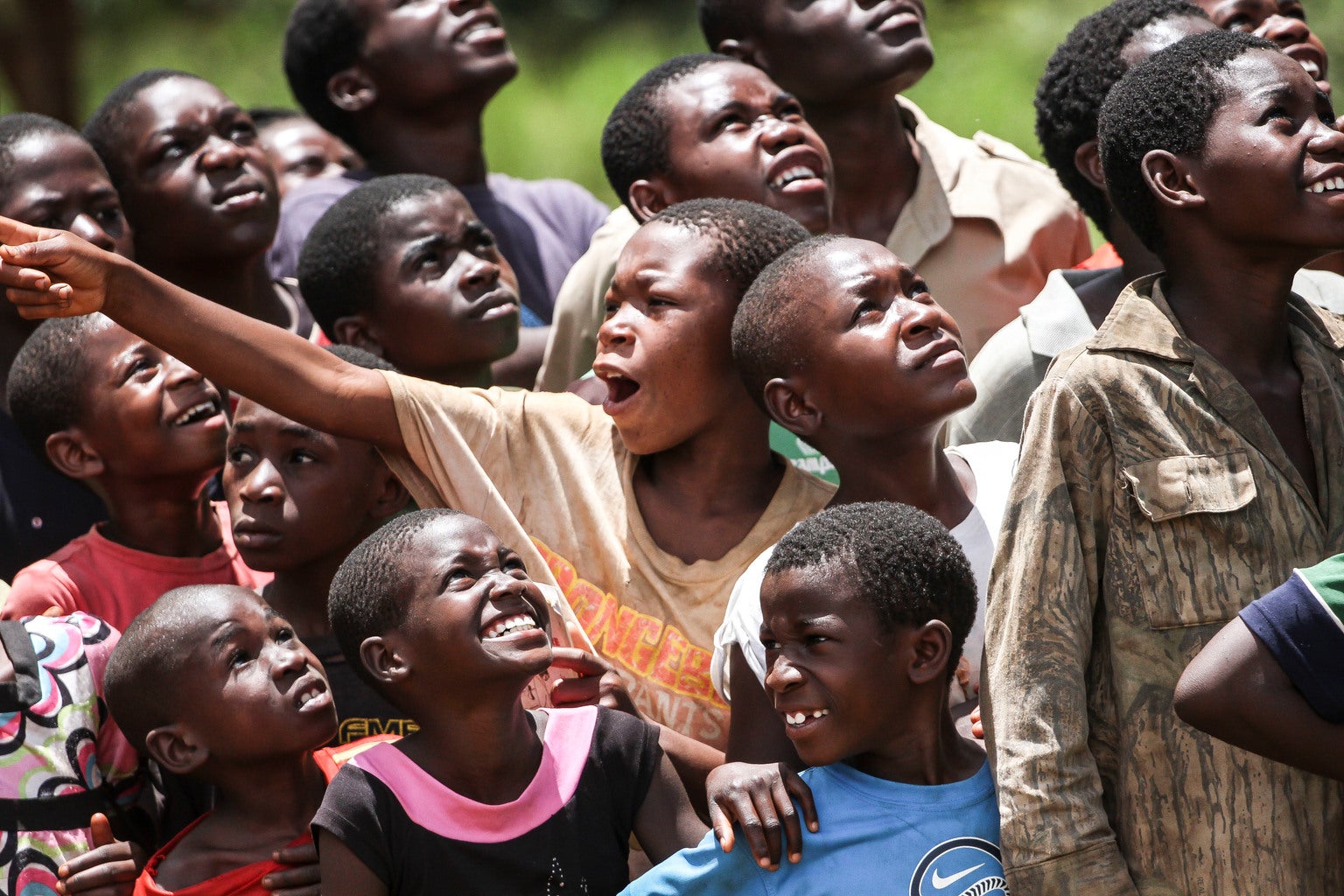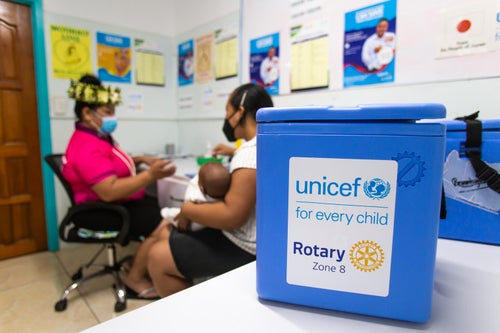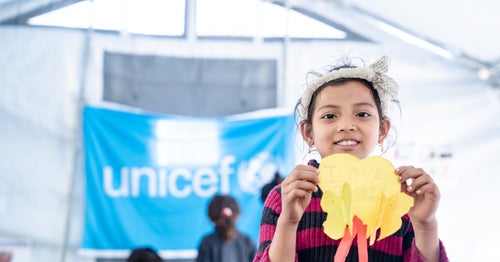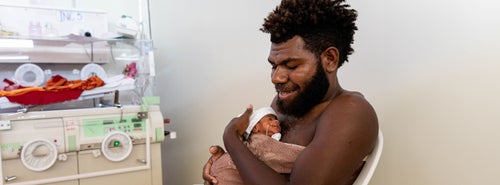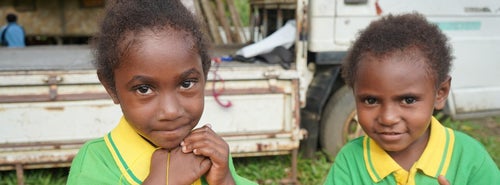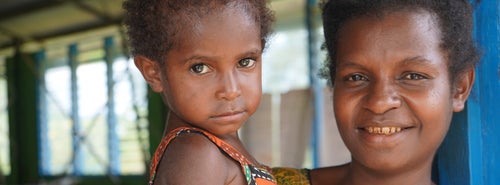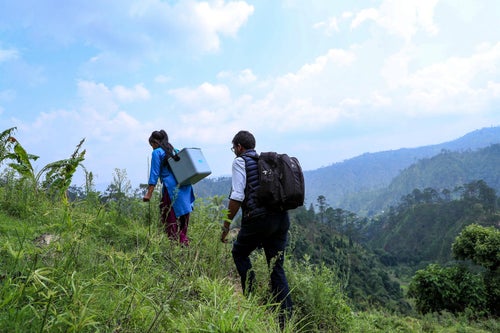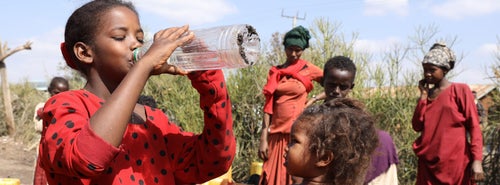Currently reliant on motorbikes or ambulances for transport, the HIV testing system in Malawi is impaired by the high cost of diesel fuel and the poor state of roads. The trip from healthcare facility to the lab and back to the patient can take as long as 9 weeks. Drones could be a cheaper, faster and more effective alternative - cutting waiting times to a few days.
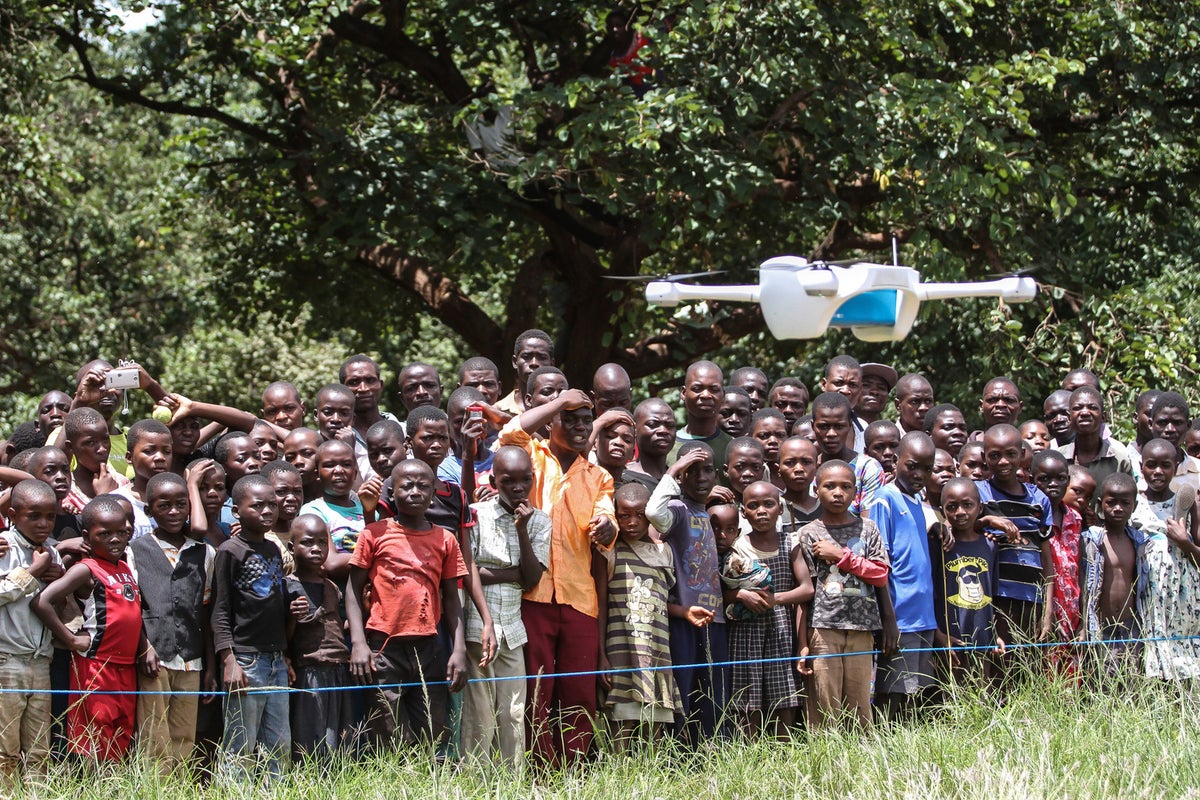
HIV is a major barrier to development in Malawi, claiming the lives of an estimated 10,000 children across the country in 2014. If the trials prove successful, drones will officially be integrated into Malawi’s health system alongside road transport and SMS programs.
Innovation for good
29-year-old Melina Nkosi* had to wake up before dawn and walk for two and a half hours to reach her nearest health centre in Malawi. She hopes that today she will finally get the good news for which she’s been desperately dreaming.
For almost two months, Melina has been waiting to get the result of her baby’s HIV test. She is tired from the commute but even more exhausted in her heart and mind.
“I feel guilty and in pain while not knowing if my baby is sick. I think about it every day — when I wake up, when I feed her, and even more when she cries. I don’t know if she is sick and if she is, she needs to get medicines. I just need to know if she has HIV or not,” she explains while holding three-month-old Pemphero tightly in her arms.
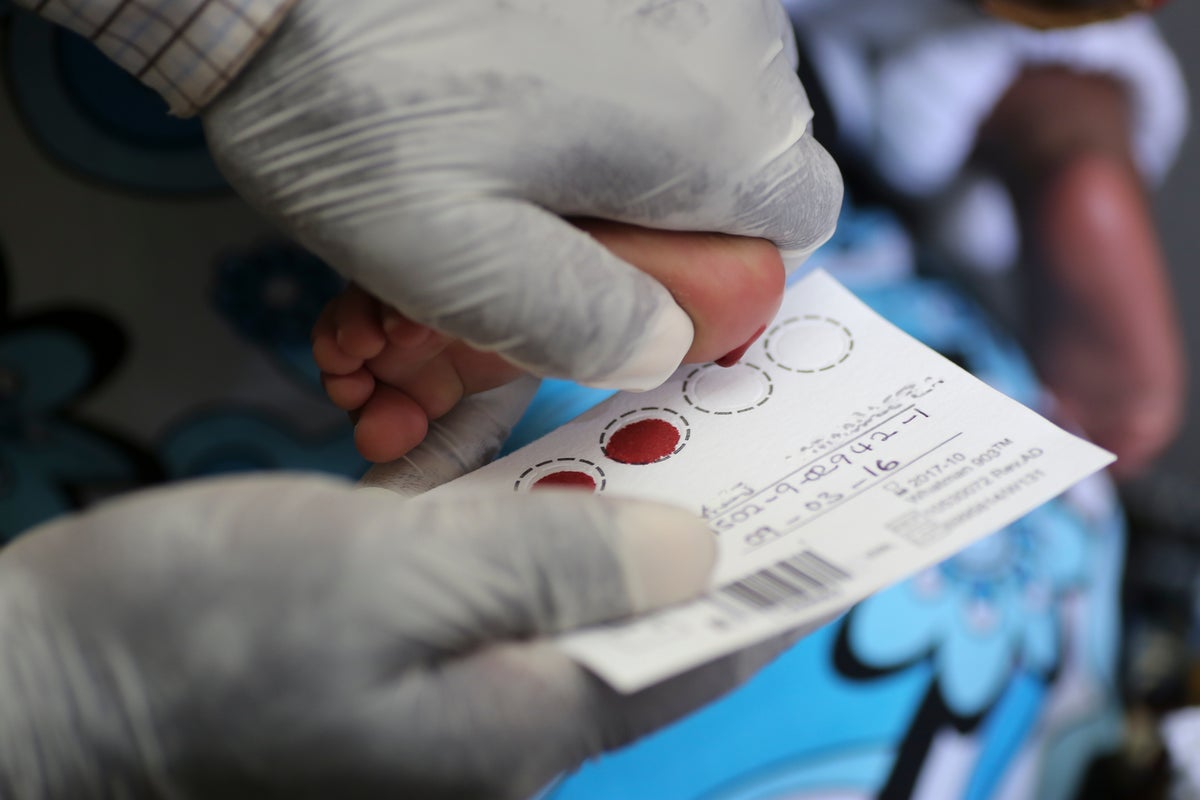
Unfortunately, little Pemphero’s results were not delivered as promised, and Melina is left waiting. While the healthcare assistant explains why to Melina, her eyes seem lost, as if looking for an absent solution. In 2011, she was diagnosed with HIV and since then has been taking antiretroviral drugs. She knows how vital the medicines are for someone who carries the virus.
Melina’s predicament is sadly common in Malawi. At present, infants get tested for HIV through dried blood samples that are taken at the community health clinic, then batched together and driven to one of the eight laboratories in Lilongwe that are equipped to analyse them.
In 2014, nearly 40,000 children in Malawi were born to HIV positive mothers. Quality care of these children depends on early diagnosis, made difficult by costly and slow transport times. The process isn’t moving fast enough and children are paying for it with their lives.
High-tech solutions like drones could result in faster access to treatment, saving the lives of babies like Pemphero. HIV is still a major threat for children in Malawi, but thanks to innovative technology, aiming for an AIDs-free generation is becoming much more realistic.
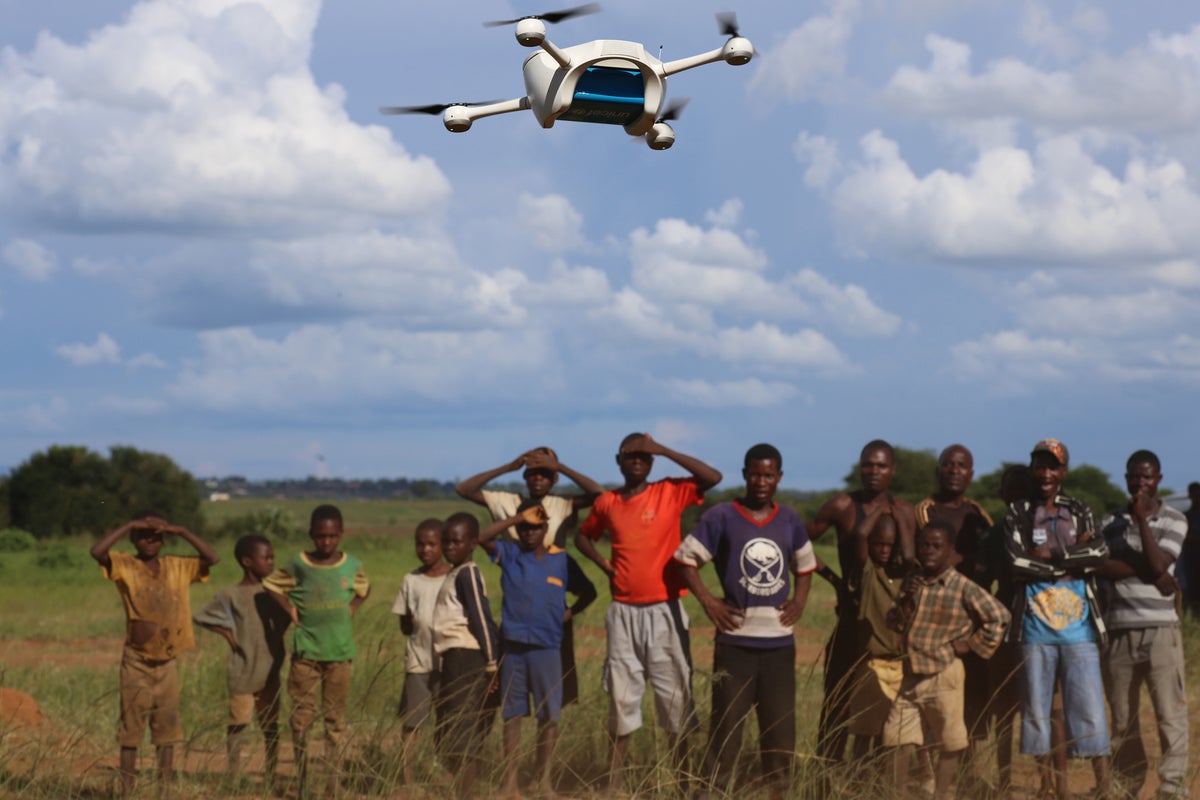
*Name changed to protect her identity. Based on a blog by Ricardo Pires, Regional Communication Specialist at UNICEF Eastern and Southern Africa Regional Office in Nairobi.
Stay in touch
Want more powerful stories, photos and emergency updates delivered to your inbox? Subscribe today to keep updated about UNICEF’s work across the world.
Subscribe nowRelated articles
Stay up-to-date on UNICEF's work in Australia and around the world



